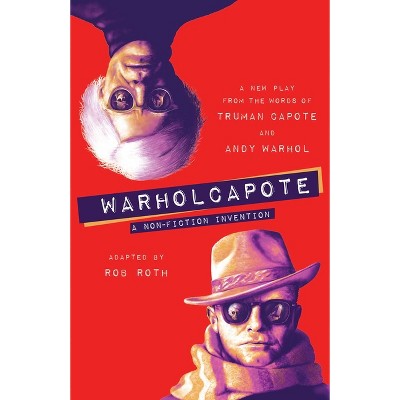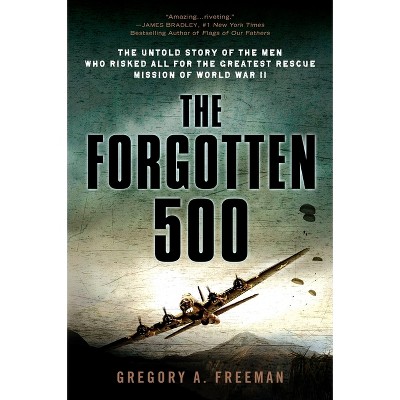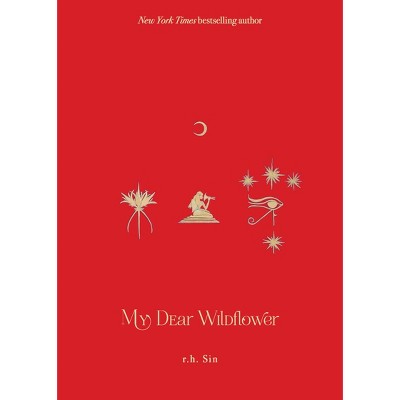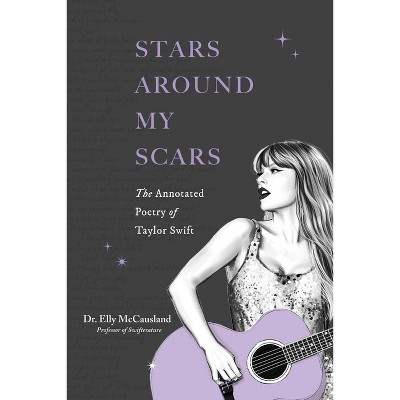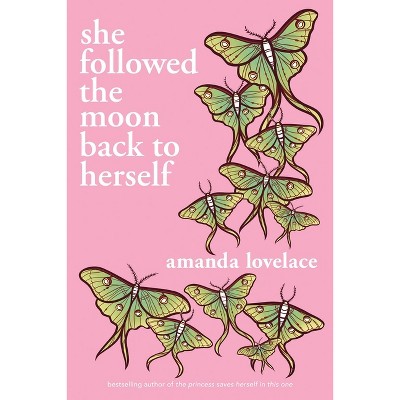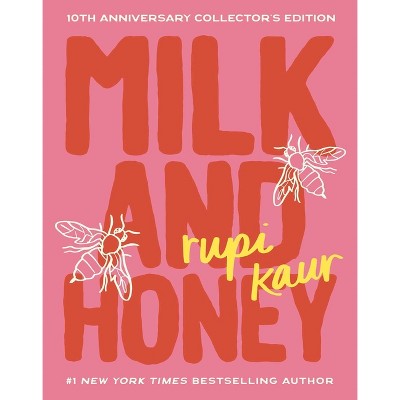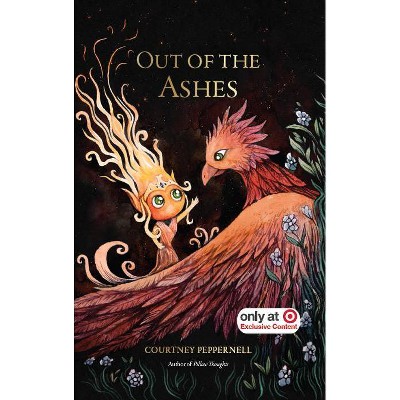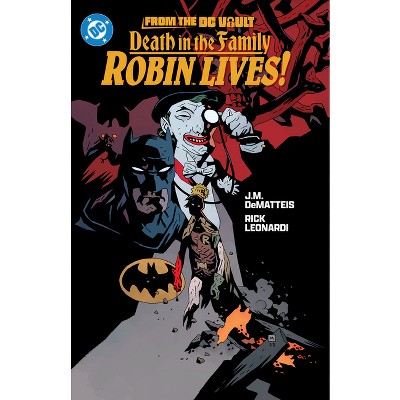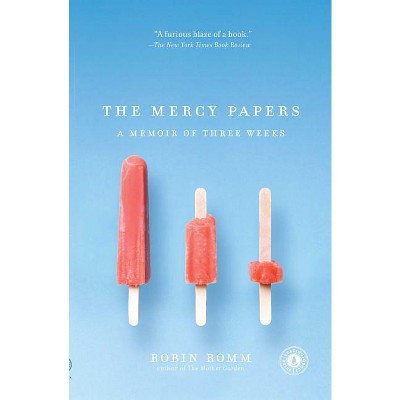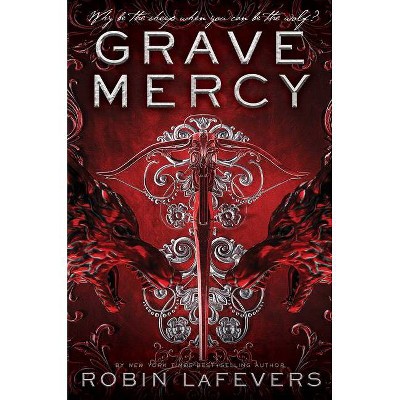Sponsored

Little Mercy - by Robin Walter (Paperback)
In Stock
Sponsored
About this item
Highlights
- In award-winning poet Robin Walter's debut collection, Little Mercy, writing and looking--seeing feelingly--become a practice in radical care.
- About the Author: Robin Walter is a poet, book artist, and printmaker.
- 96 Pages
- Poetry, American
Description
About the Book
"In award-winning poet Robin Walter's debut collection, Little Mercy, writing and looking--seeing feelingly--become a practice in radical care. These poems pursue moments of shared recognition, when looking up to see a deer across a stream, or when sunlight passes through wingtip onto palm, the self found in other, the river in vein of wrist. Attuned to the transparent beauty in the natural world, Walter's poems are often glancing observations unspooling down the page, their delicacies belying their powers of profound knowing. The formal logic of this work is the intricate architecture of a nest. Each line becomes a blade of grass, each dash a little twig, each parenthesis a small feather-all woven together deliberately, seemingly fragile but held fast with surprising strength. In their lyric variations, repetitions, and fragments, employed toward a deep attention to wren, river, and reflection, the human almost falls away entirely, a steady and steadying state of being that is unconscious, expansive. Written out of a broken landscape in a broken time, Little Mercy is a book of gratitude, one that draws our inner selves to the present and living world, to the ways we can break and mend"--Book Synopsis
In award-winning poet Robin Walter's debut collection, Little Mercy, writing and looking--seeing feelingly--become a practice in radical care. These poems pursue moments of shared recognition, when looking up to see a deer across a stream, or when sunlight passes through wingtip onto palm, the self found in other, the river in vein of wrist.
Attuned to the transparent beauty in the natural world, Walter's poems are often glancing observations unspooling down the page, their delicacies belying their powers of profound knowing. The formal logic of this work is the intricate architecture of a nest. Each line becomes a blade of grass, each dash a little twig, each parenthesis a small feather--all woven together deliberately, seemingly fragile but held fast with surprising strength. In their lyric variations, repetitions, and fragments, employed toward a deep attention to wren, river, and reflection, the human almost falls away entirely, a steady and steadying state of being that is unconscious, expansive. Written out of a broken landscape in a broken time, Little Mercy is a book of gratitude, one that draws our inner selves to the present and living world, to the ways we can break and mend.Review Quotes
"Little Mercy is an unflustered, exquisite debut that declares in one of its many strong, sure lines that seem truest in their calm unfolding: 'Still, the day opens.' The whole book is a series of constant, further, and deeper openings, twigs under stillness and rivers under skin."--Poetry Northwest
"Little Mercy is a book of poetry that arrives to offer a vastness in the tiniest of spaces. By corralling the words into poetic restraints, and then by arranging them to maximize their inherent dominion, Walter has concentrated the lines into complex chords, offering harmonic colors and sophisticated sonorities to their music."--Mikal Wix, West Trade Review
"It's that noticing that characterizes Little Mercy, which isn't so much a collection in the traditional sense as it's almost a book-length poem itself. Yes, pieces are divided into individual fun-size smackerels of language, and each has its own title -- but the book is meant to be taken as a whole, much like studio albums from the 1970s, these opuses of cohesive small parts making a larger whole. The structure of the whole is pliant, even loose, but it returns to certain touchstones over and over to suggest a hollow-boned but effective structure. Palms, wrens, nests, hands, cradle, wings. Almost like a sestina."--Teague Bohlen, Westword
About the Author
Robin Walter is a poet, book artist, and printmaker. Her writing has appeared in the American Poetry Review, Seneca Review, West Branch, and elsewhere. She teaches at Colorado State University and lives in Fort Collins, Colorado.

